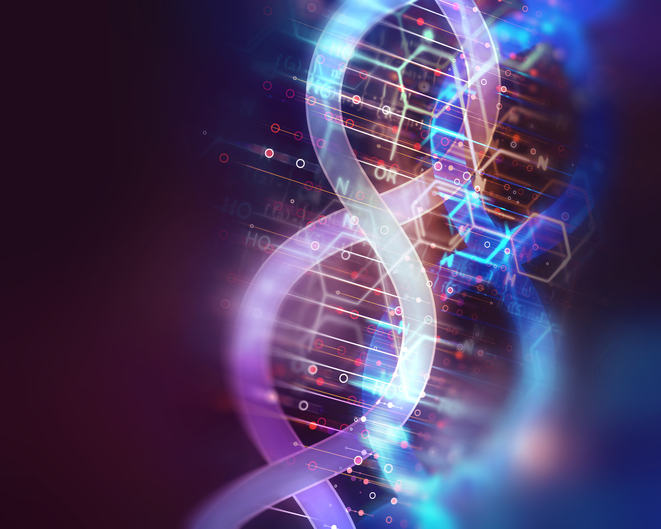Data storage technologies are having a hard time keeping up, as the world is churning out more data that hard drives or magnetic tapes cannot handle. Researchers were looking at various methods to store data as a possible storage medium. And recently in a research, Yaniv Erlich and Dina Zielinski of the Data Science Institute at Columbia University and the New York Genome Center (NYGC) proved that DNA could be used to store data.
Properties of DNA
DNA is said to possess some of the most important properties for storing data. The first reason is DNA is very stable, the DNA can remain safe for thousands of years. DNA’s doesn’t degrade or become obsolete over time like other storage devices. It can store your data for up to 2000 years. DNA serves as an ideal storage medium because it is ultra compact and has a high packing density, which means 1 kg of DNA could store all the data in the world.
How DNA stores data?
The concept of storing data to DNA is not something new, as they have been carrying genetic data for generations. It codes everything in a human being. It is this feature of the DNA, which has made the researchers and big corporations like Microsoft to invest on studies related to storing data in DNA. A DNA works just like a hard drive, but unlike a hard drive which stores digital data in binary ones and zero, DNA uses a Quaternary base to store data. DNA consists of nucleotide and each nucleotide contains three groups – phosphate, sugar and a nitrogen base. It contains four nitrogen bases, namely Adenine, Thymine, Guanine and Cytosine (ATGC). DNA carries data in a particular order of nitrogen base pair, whereas semiconductors store data in the form of binary digits.
DNA Versus Hard Drive Data Storage
Hard drives may seem to be stable for now, but they are likely to break down after a few years because of what they are made of. Thus, having a stable way is more important as the data in the world in doubling every year. DNA can be stable and used for large scale data storage. DNA also offers easy data recovery whereas it takes a lot of effort to recover files from hard drive and other storage devices. DNA does not become obsolete, but if it does, then it’s a big problem. But if the hard drive is damaged, there are specialist data recovery companies to repair hard drive. Data retrieval Ltd is a specialist online data recovery company in London offering hard disk recovery and raid recovery services. You can trust them to recover hard drive data with ease.
A full operating system and film stored on DNA were recovered with no errors
Yaniv Erlich and Dina Zielinski stored 6 files into 72,000 strands of DNA. The files included a full computer OS, a french film, a Amazon gift card, a virus, a pioneer plaque and a study by information theorist Claude Shannon. They devised a new strategy called DNA fountain to pack the information. This strategy used mathematical concepts from coding theory. It was the help of this strategy they achieved optimal packing. The researchers also used DNA sequencing technology and a software to convert the genetic code back into binary. This also helped in data retrieval and finally the files were recovered with no errors.
Data Retrieval Ltd is a company for data recovery London, offering data recovery services for businesses, organizations and home users who are experiencing a drive failure. Data Retrieval Ltd offers services at a highly competitive price, irrespective of the type of recovery required. Our data recovery company is well equipped with all the latest data recovery tools and the technicians are well trained to stay abreast of the new technologies and tools available in the market. The other services offered by the company are SSD data recovery, Raid data recovery, HDD Data Recovery, Mobile Data Recovery and External Hard Drive data Recovery. The company is conveniently located in two places. One center is located on Regent Street which is at the heart of the West End and the other one is located at Tower Bridge.

